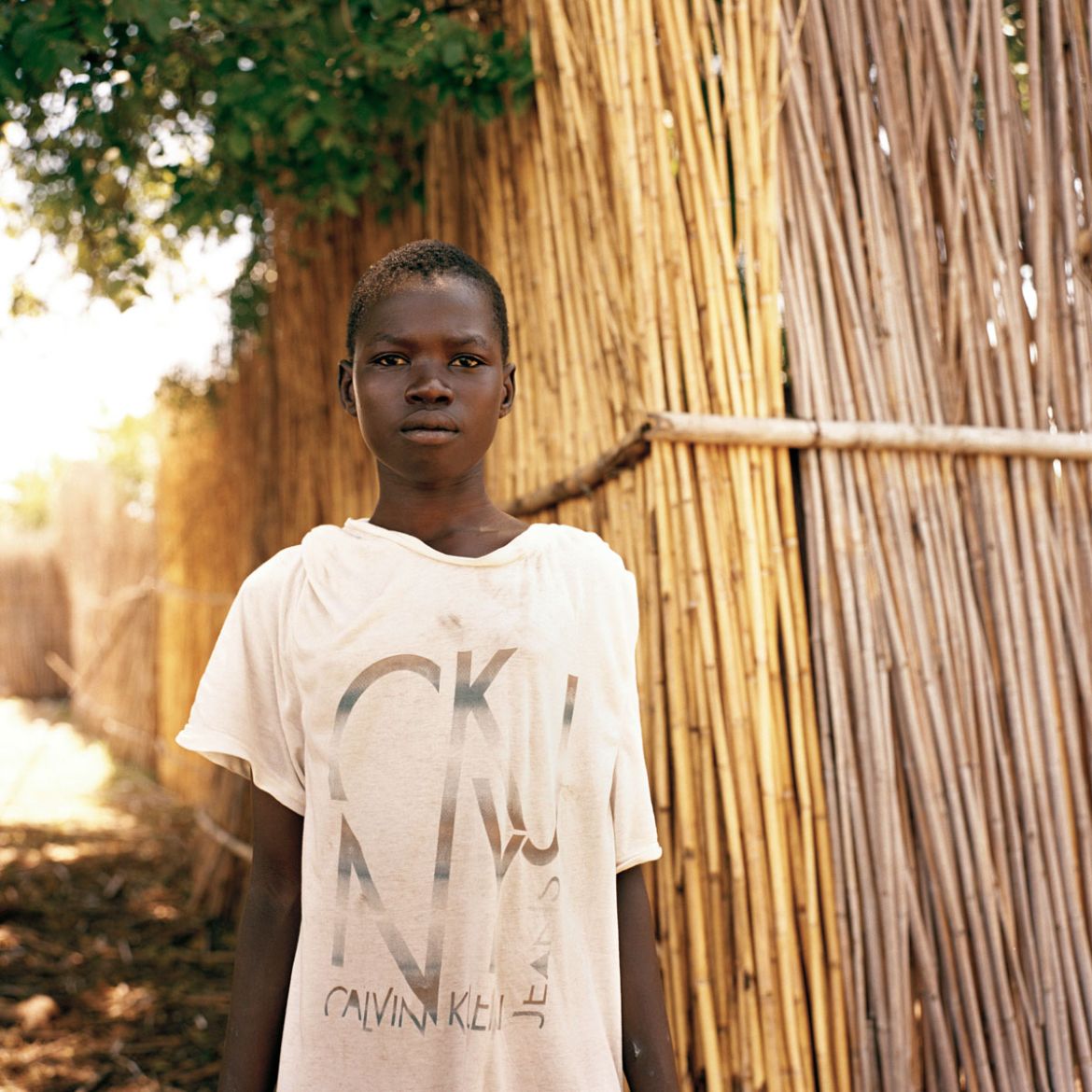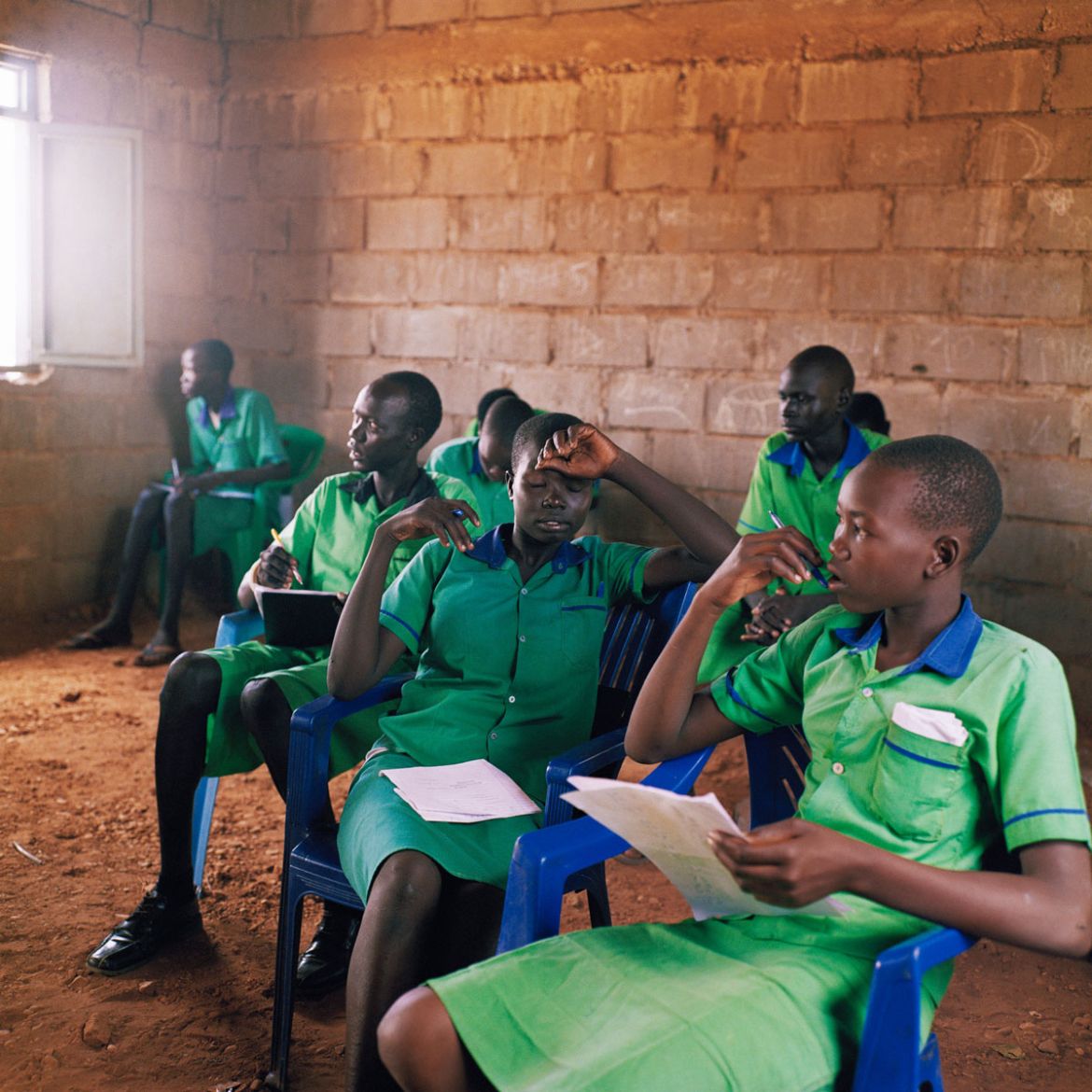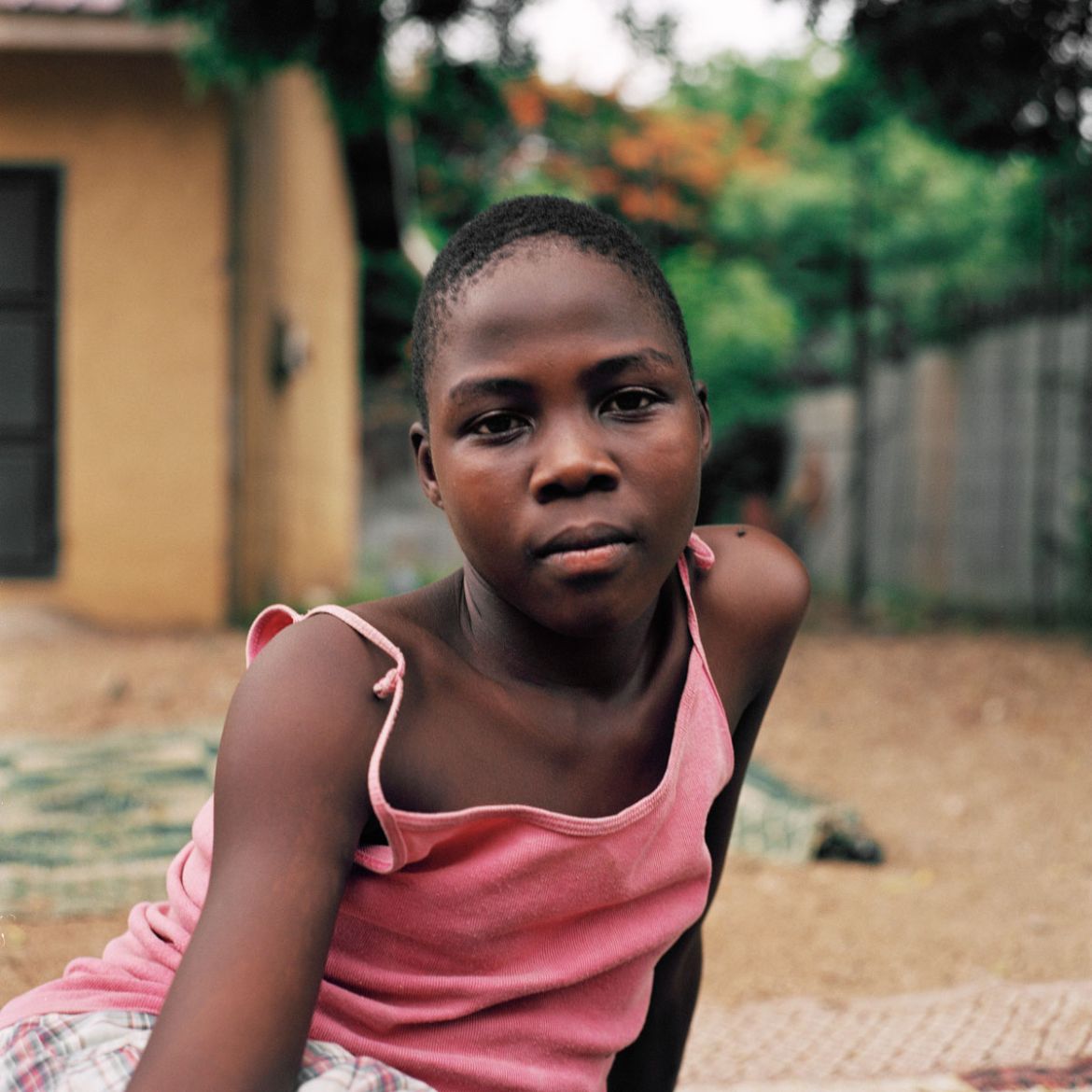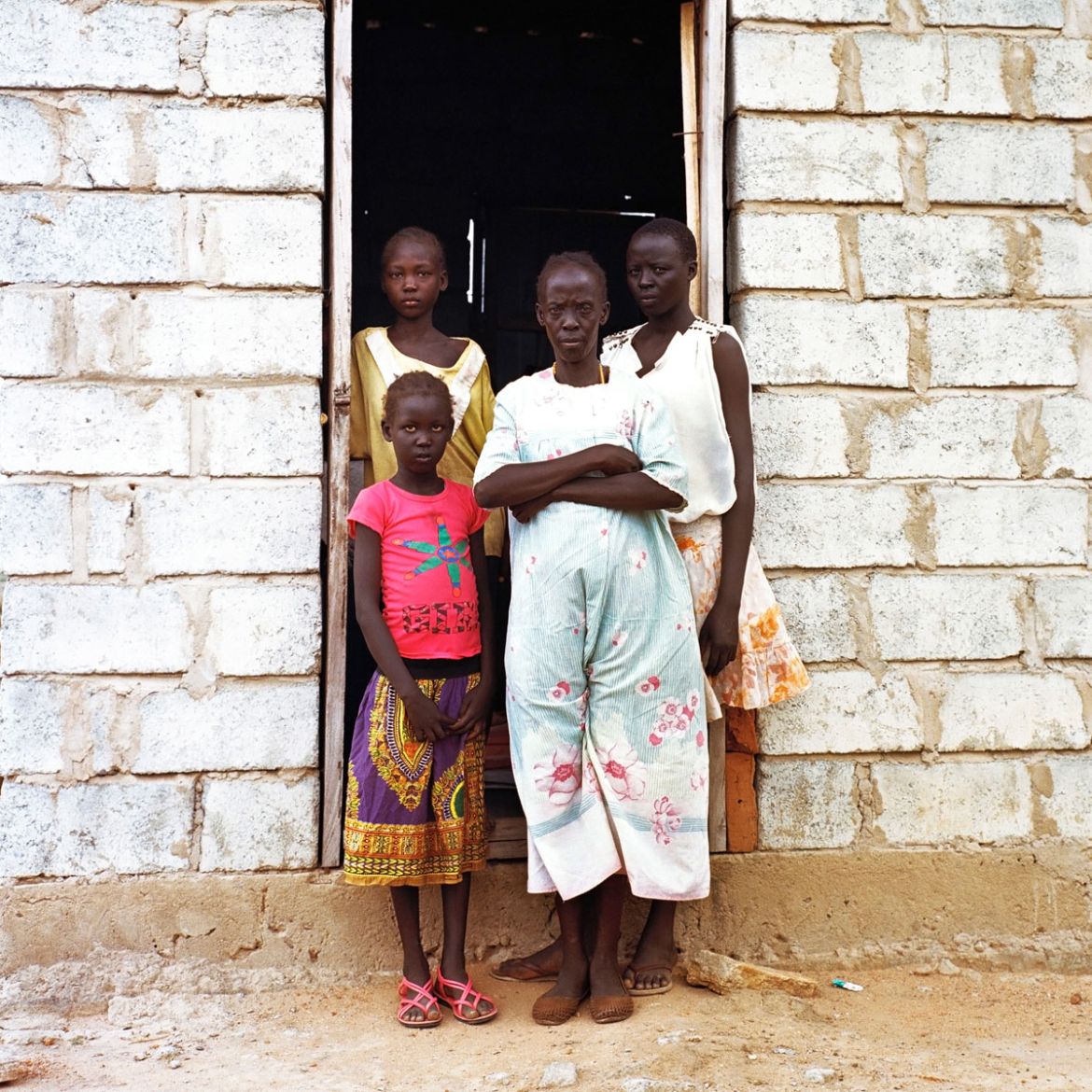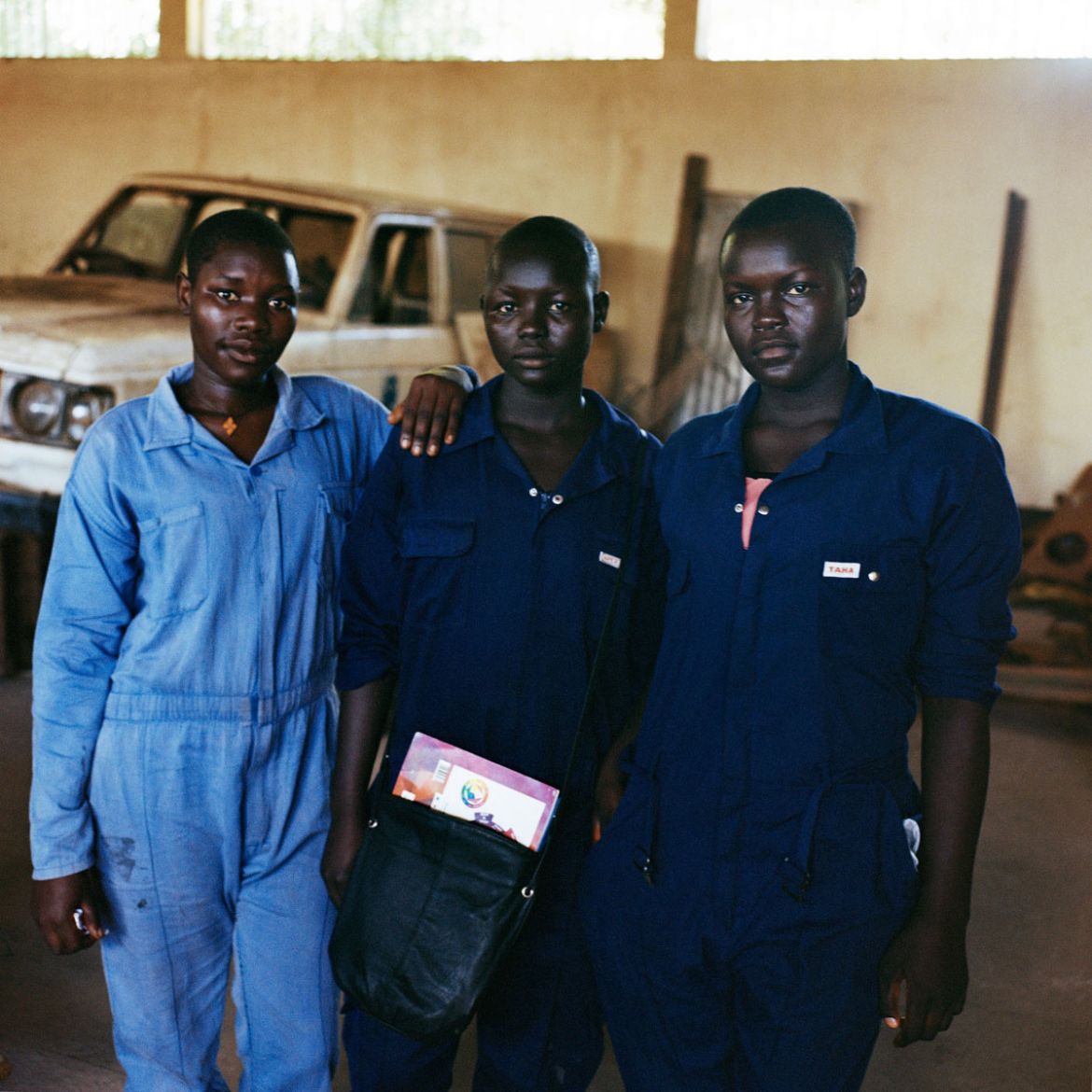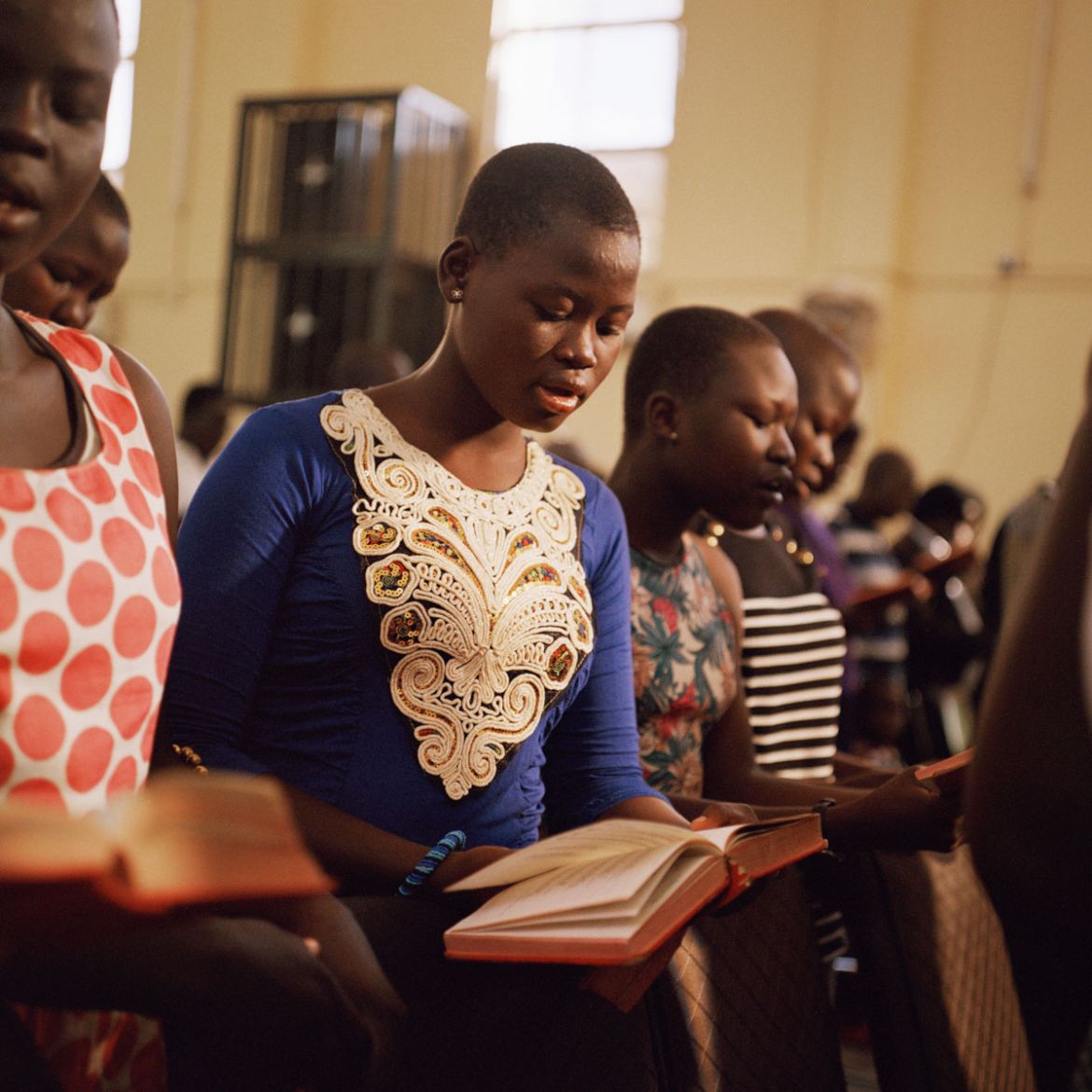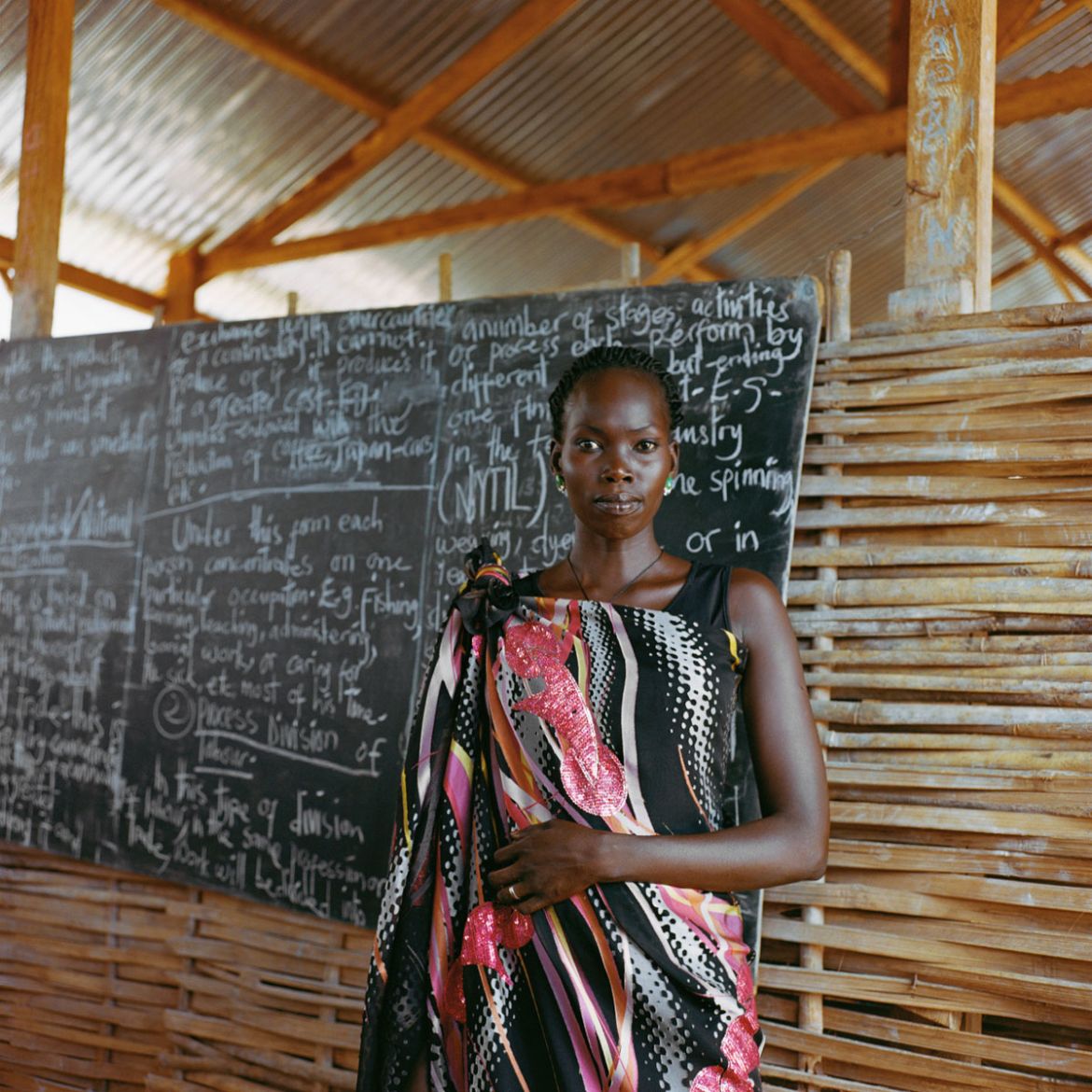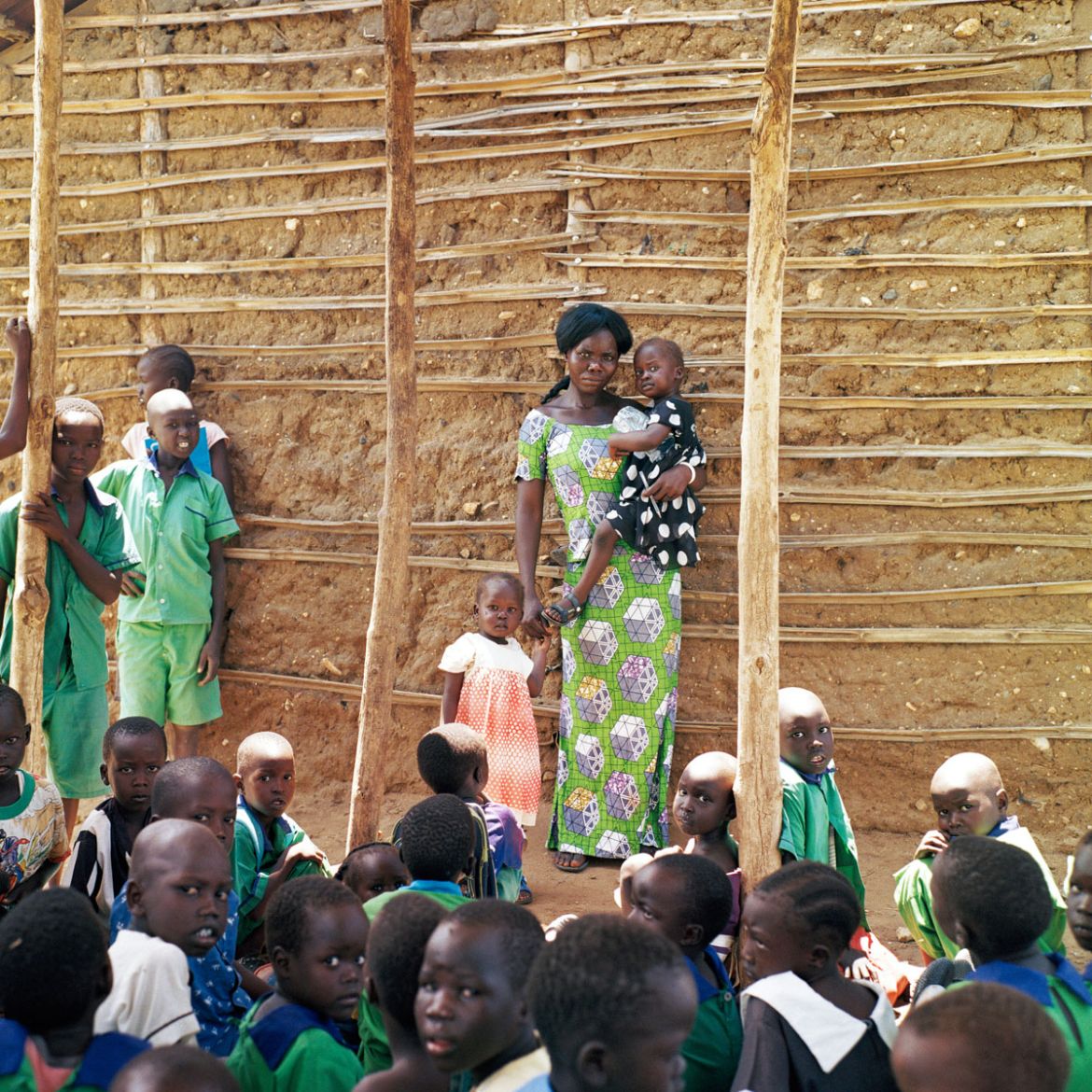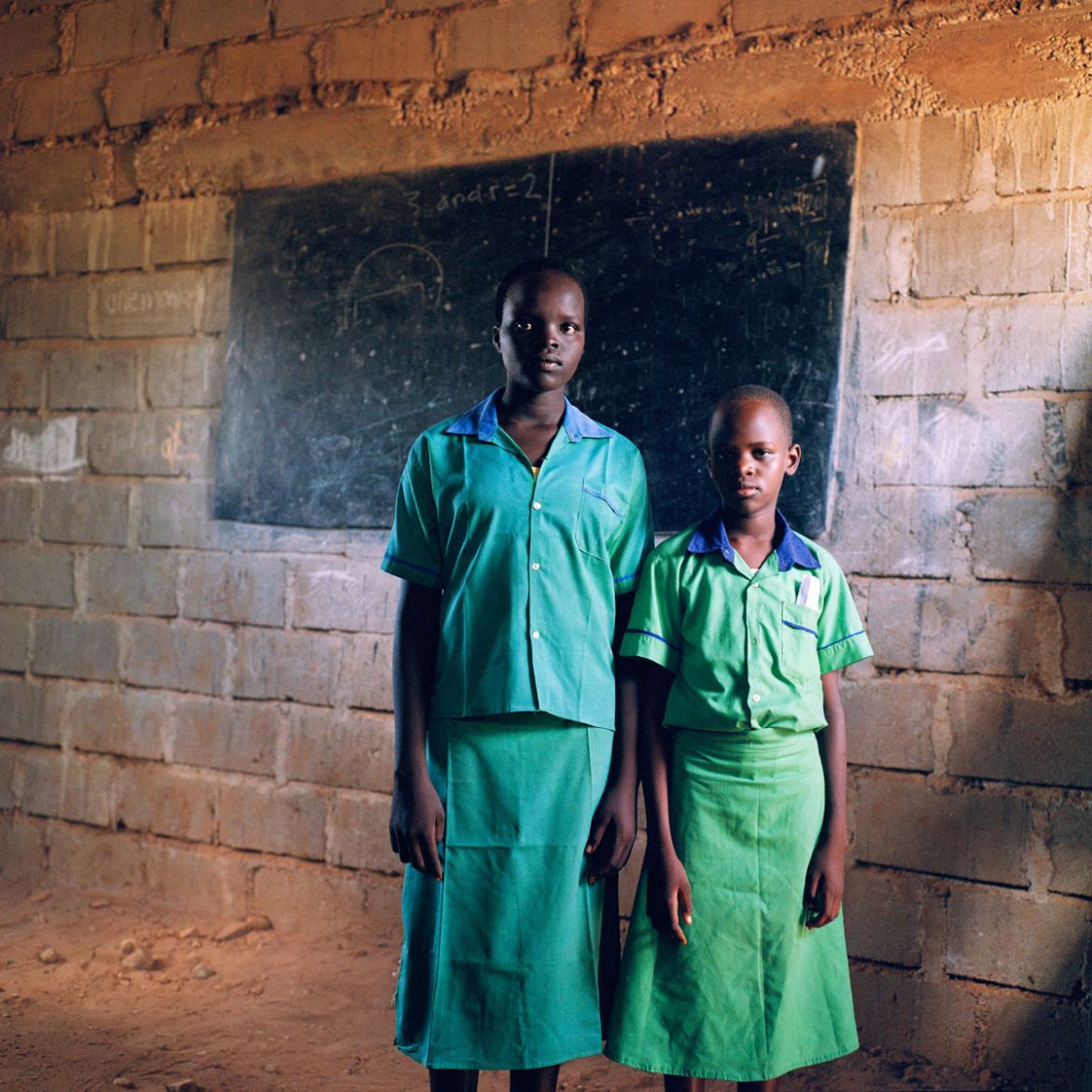In Pictures
Educating girls in South Sudan
Meet the girls who must overcome conflict, hunger, stigma and sexual abuse just to go to school.
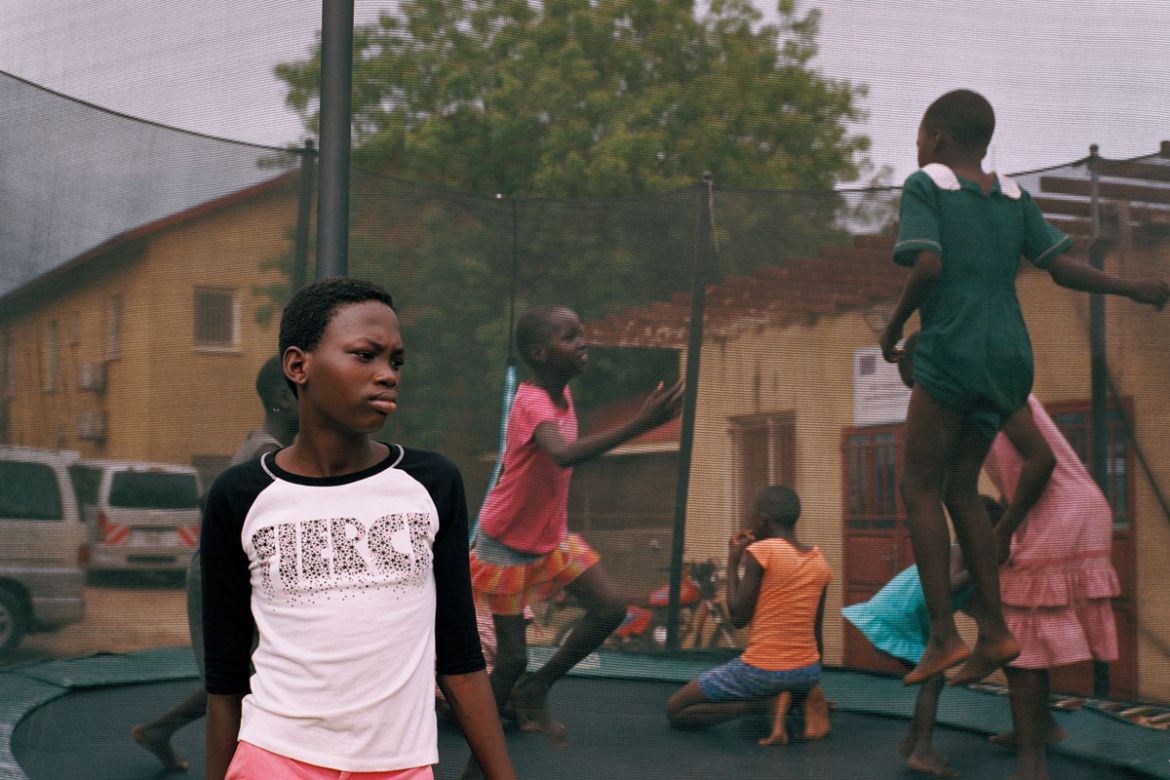
Unity State, South Sudan – Fierce fighting in her village in Unity State, kept 18-year-old Susan away from her school in Juba for more than a year. But even those girls who are able to attend often have to travel for hours to reach school.
And each day presents a new challenge: watching their friends drop out or get married off. Then there is the hunger. Amijong Garang, aged 14, describes the way it makes her feel. “My head is paining and sometimes I vomit,” she says.
The United Nations estimates that 2.3 million people have been displaced in South Sudan since December 2013. Forty-seven percent of those are school-aged children. Nearly one in three schools has been closed, destroyed or turned into barracks.
Girls in South Sudan are doubly vulnerable, with many being forced into early marriage and susceptible to sexual abuse and exploitation. An adolescent girl in South Sudan is three times more likely to die in childbirth than to complete primary school.
But despite these barriers, girls such as Susan and Amijong continue to chase their dreams – seeking an education and fighting for their futures in one of the world’s most volatile countries.

